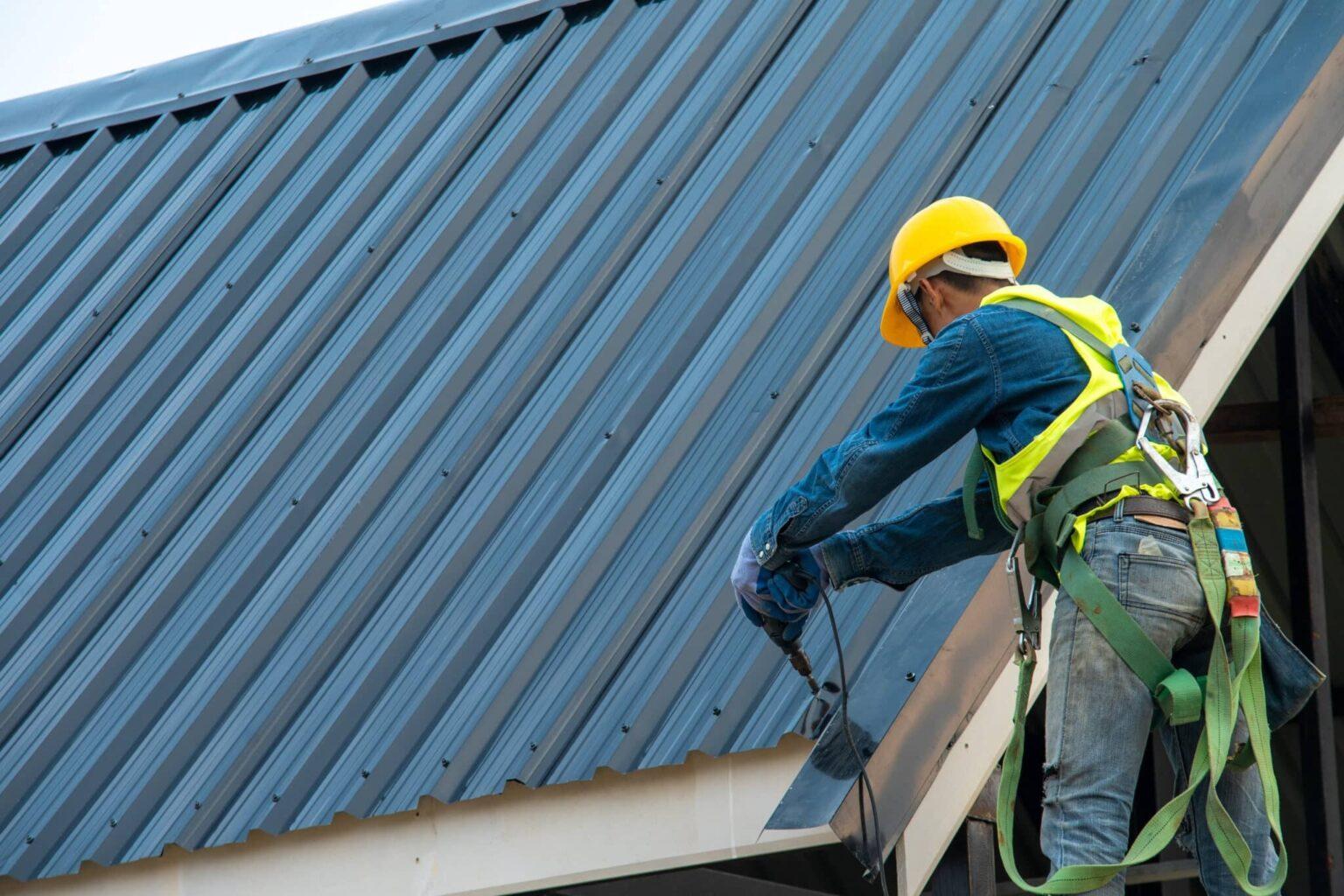How to Install Metal Roofing in Virginia Beach: Expert Tips for a Perfect Finish

Installing a metal roof is one of the smartest investments for coastal homeowners, especially in areas like Virginia Beach where strong winds, salty air, and humidity frequently threaten traditional roofing materials. If you’re considering upgrading your home, understanding the right installation process is essential for long-term durability and performance. This guide walks you through how to install metal roofing the right way while sharing professional insights that ensure a clean, long-lasting finish.
Why Metal Roofing Is Ideal for Coastal Homes
Before diving into installation steps, it’s important to understand why so many homeowners prefer metal roofing systems in coastal regions like Virginia Beach.
Coastal Durability
Metal roofs are highly resistant to:
-
Salt-air corrosion
-
High winds
-
Heavy rain
-
Humidity
This makes them far more reliable than traditional shingles.
Energy Efficiency
Metal roofs reflect heat, reducing cooling loads and an advantage during hot Virginia summers.
Long Lifespan
Many metal roofs last 40–70 years when properly installed and maintained.
Preparing for Metal Roof Installation
A successful installation begins long before the first panel goes on. Preparation is crucial to achieving a seamless finish.

1. Inspect the Existing Roof Structure
Before installing Metal Roofing in Virginia Beach, ensure the underlying structure is capable of supporting the system. Roofing professionals typically check:
-
Wood decking for rot
-
Moisture buildup
-
Sagging or uneven roof lines
If any issues are present, repairs are made before installation begins.
2. Choose the Right Metal Roofing Style
Different homes and climates benefit from different metal roofing styles. Popular options include:
Standing Seam Panels
-
Sleek, modern appearance
-
Excellent wind resistance
-
Popular for both residential and commercial roofs
Metal Shingles
-
Mimic the look of asphalt or wood
-
Lightweight
-
Resistant to cracking and curling
Corrugated Metal
-
Budget-friendly
-
Strong, multi-ribbed design
Your choice affects installation techniques, so selecting the right profile is essential.
Step-by-Step Guide to Installing Metal Roofing
Below is a simplified, professional installation process used by experienced roofers in the coastal region.
Step 1: Remove the Old Roofing (If Necessary)
Some metal roofs can be installed over existing shingles, but removing old layers allows for:
-
Better inspection
-
Longer lifespan
-
Cleaner installation
In many cases, local building codes in coastal areas recommend roof removal for maximum durability.
Step 2: Install Underlayment
A moisture-blocking underlayment is crucial in humid environments.
Types of Underlayment
-
Synthetic underlayment – durable and tear-resistant
-
High-temp peel-and-stick – ideal for preventing leaks
-
Felt underlayment – traditional but less durable
For Virginia Beach’s climate, waterproof synthetic underlayment is typically recommended.
Step 3: Add a Drip Edge
The drip edge prevents water from soaking into the fascia board. It’s installed along the eaves before panels are laid down.
Step 4: Install Closure Strips
Closure strips seal gaps between the panels and prevent wind-driven rain, insects, and debris from entering.
Step 5: Lay Down the Metal Panels
This is where precision matters.
Installation Tips
-
Start from the longest, straightest edge
-
Overlap panels based on manufacturer instructions
-
Use corrosion-resistant screws
-
Ensure panels are aligned correctly to avoid crooked seams
Proper fastening is essential for homes facing high coastal winds.
Step 6: Install Flashing
Flashing is fitted around:
-
Chimneys
-
Vents
-
Skylights
-
Valleys
Using high-quality flashing materials prevents leaks especially during heavy storms.
Step 7: Add Ridge Caps
Ridge caps seal the highest point of the roof. This step ensures:
-
Airflow
-
Water protection
-
A polished, finished look
Step 8: Final Inspection
A professional inspection ensures all components are installed securely and that the roof meets local building codes.
Expert Tips for a Perfect Metal Roof Installation
Tip 1: Choose Stainless or Galvanized Fasteners
Fasteners must withstand salt-rich air; otherwise, rust may occur.
Tip 2: Use Coastal-Rated Metal Panels
Look for panels rated for:
-
Wind uplift
-
Corrosion resistance
-
Impact protection
Materials like aluminum and galvanized steel work best near the ocean.
Tip 3: Seal Every Penetration Properly
Even a single missed seal can cause leaks. Use high-grade sealants designed for metal.
Tip 4: Allow for Expansion and Contraction
Metal expands with heat. Proper installation includes:
-
Floating clips
-
Adequate spacing
-
Flexible fasteners
This prevents panel distortion over time.
Tip 5: Hire Experienced Coastal Roofers
Installing metal roofing in Virginia Beach homes requires knowledge of hurricane-prone building codes and coastal weather demands. An experienced installer is crucial for long-term performance.
Common LSI Keywords Used
(Not visible to readers but included naturally in the article)
-
metal roof installation tips
-
coastal metal roofing
-
standing seam panels
-
durable roofing systems
-
corrosion-resistant metal roofs
-
energy-efficient metal roofs
-
roof underlayment installation
-
best metal roofing materials
Final Thoughts
Installing a metal roof is one of the most reliable ways to protect your home in a coastal environment. With the right preparation, materials, and professional techniques, Metal Roofing in Virginia Beach can provide unmatched durability, weather resistance, and lasting beauty. Following expert installation steps ensures you get the perfect finish one that performs exceptionally well for decades, even under harsh coastal conditions.
- AI
- Vitamins
- Health
- Admin/office jobs
- News
- Art
- Causes
- Crafts
- Dance
- Drinks
- Film
- Fitness
- Food
- Jogos
- Gardening
- Health
- Início
- Literature
- Music
- Networking
- Outro
- Party
- Religion
- Shopping
- Sports
- Theater
- Wellness


